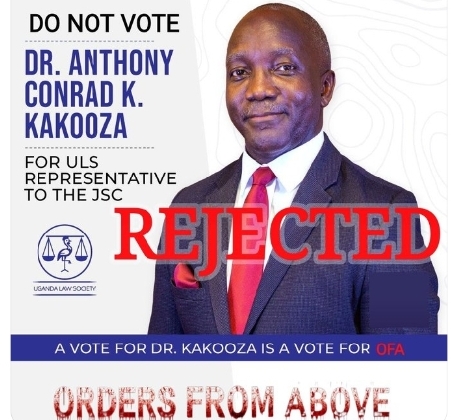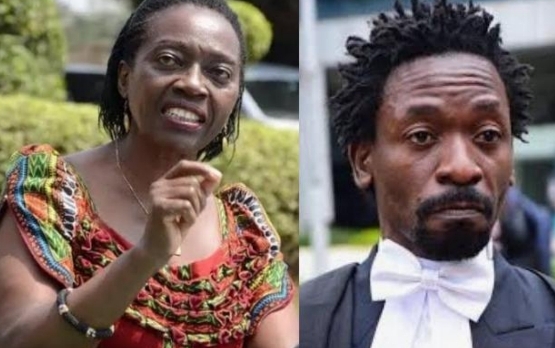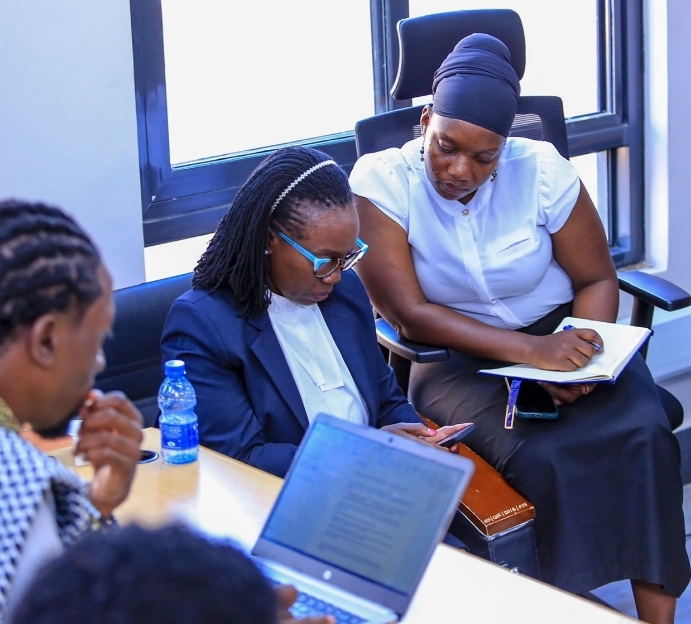Isaac Ssemakadde, President of the Uganda Law Society (ULS), has vehemently opposed the nomination of Anthony Conrad Kakooza as the ULS representative to the Judicial Service Commission (JSC). Citing serious concerns about Kakooza’s ability to uphold principles of natural justice, Ssemakadde declared the nomination unsuitable.
Ssemakadde’s objections are rooted in an incident during Kakooza’s tenure as Dean of the Faculty of Law and Chairperson of the University Disciplinary Committee at Uganda Christian University (UCU). In 2016, Kakooza presided over a controversial decision to expel two law students following a demonstration against a 12.5% tuition hike. This decision, according to a High Court ruling, violated principles of procedural fairness and natural justice.
A Controversial Expulsion
The expulsion letters given to the students were dated a day before the alleged demonstration, raising questions about the integrity of the decision-making process. The university claimed the date was a typographical error, but the court found this explanation unconvincing. Justice Margaret Mutonyi, who handled the case, condemned the disciplinary process as “ruthless, unchristian, and inhuman,” emphasizing that the expelled students were not given a fair hearing or proper notice.
The court found that the bodies recommending expulsion acted beyond their authority, a legal misstep that rendered the process fundamentally flawed. As a result, the university’s decision was overturned, and the students were awarded general damages for the psychological and emotional toll they endured.
Ssemakadde argued that Kakooza’s involvement in such a flawed disciplinary process disqualifies him from representing ULS at the JSC, a body tasked with recruiting and disciplining judges. “If Kakooza could not uphold natural justice in a university setting, how can we entrust him with a role that demands impartiality and fairness at the highest level of judicial recruitment?” Ssemakadde questioned.
He further highlighted that natural justice is foundational to the rule of law, and any individual tasked with overseeing judicial appointments must demonstrate an unwavering commitment to these principles.
Broader Implications
The 2016 case has had lasting effects on UCU’s policies and the perception of its administration. Following the ruling, UCU revised its disciplinary procedures, clarified roles for various disciplinary bodies, and introduced measures to ensure transparency. However, the lingering stigma around the case and its connection to Kakooza has cast a shadow over his professional trajectory.
The case also underscored the influence of student leaders, with UCU reportedly becoming cautious about allowing law students to hold significant leadership roles.
The rejection of Kakooza’s nomination has sparked mixed reactions within ULS. While some members support Ssemakadde’s stance. Ssemakadde says the debate reflects broader concerns about leadership, accountability, and the standards expected of individuals in critical public roles.
As ULS prepares for its first-ever democratic race to elect a JSC representative, the controversy surrounding Kakooza’s nomination has set the stage for intense scrutiny of all candidates.
![]()




























